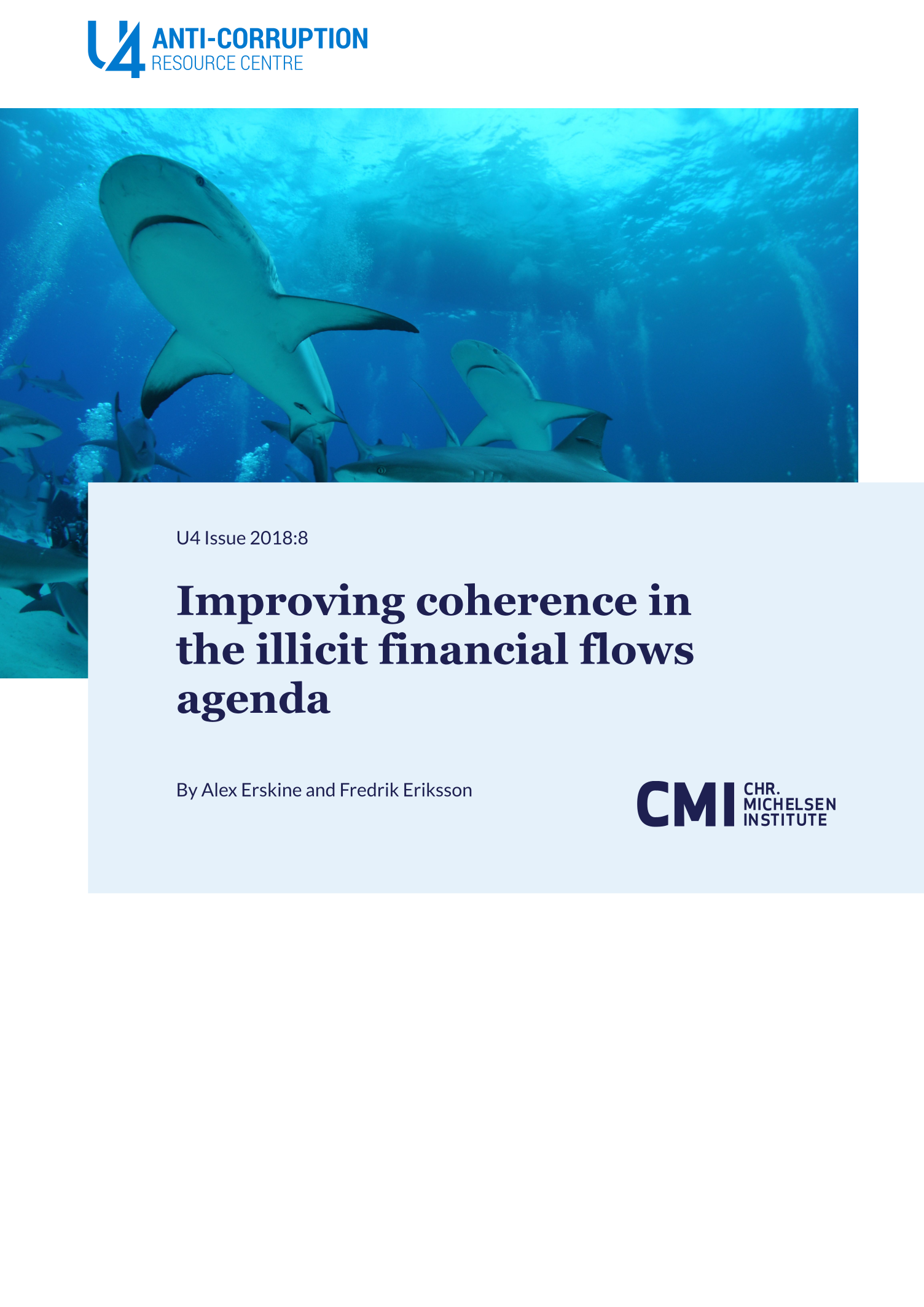Main points
- Problems with the typical definitions of IFF affect efforts to identify IFF, estimate their value, determine their drivers, prioritise focus, and establish the effectiveness of anti-IFF measures at various levels.
- Existing definitions of IFF, often designed for a global context, have proven hard to relate to the IFF problems seen in individual countries.
- The methodologies researchers have used to make estimates of IFF within specific countries have also proven problematic. Using full balance of payments or ‘mirror’ trade mismatches often fails to capture IFF, including most originating from government corruption, criminal activities, and illegal corporate activity.
- There are reasons to question the underlying assumption of the prominence of misinvoicing among IFF within standard estimate methodologies.
- Attempts to address definitional questions must account for the role of corruption not only in generating some IFF, but also in enabling and facilitating IFF generally. As greater understanding of IFF at the country level emerges, anti-corruption policies will prove very important in curbing IFF.
- Researchers, policy makers, and donors should not rely on past (flawed) IFF estimates and should focus on in-depth, in-country research across the full range of IFF-related activities. This research will inform country-level anti-corruption and anti-IFF policies.
- Researchers, policy makers, and donors should also recognise that corruption is a fundamental hurdle to implementing anti-IFF measures at country level. Accordingly, they should prioritise those factors that are preconditions for succeeding in curbing IFF if there is enough popular and powerful support. If there is not, they should support collective action initiatives to reshape social norms and expectations.



